This article could serve to tell the story of Vitorino and Maria Inácia who, when it's not raining, sleep in the house that was damaged in the fire in Monchique seven months ago.
This article could also serve to tell the story of Diamantino and Maria do Rosário, who prefer to stay in a house with no conditions, than ask for, or accept, the help that can be given to them.
I could also tell the story of José Franco, who has lived in a haystack, since the fire destroyed his home. Or even to go back to talking about Gloria Marques, who was seriously injured when, out of nowhere, a flame caused her burns.
However, all these stories have been told over the past seven months. Newspapers, televisions and radios have already spoken with these people. In Alferce, a village that saw the fire reach its doors, on the feast day of S. Romão, journalists are called by their first name: Mário, Rosa, Duarte, Pedro, Hugo, or João.
It is not strange, therefore, that another journalist is received naturally, but with a mixture of distrust, by Manuel Joaquim, José Albano and José Luís, who are part of a wider group of octogenarians, who are sitting at the bus stop. buses.
«Good morning, I'm a journalist for the Sul Informação, can I talk to you for a few minutes?». “Say it”, replies Manuel Joaquim, who is promptly interrupted by José Luís: “don't think this one is different, he won't give you any money either. We talk, talk, but it's useless».
I take this opportunity to introduce the theme of fires: “So you lost a lot with the fire?”. “We've all lost. We mourn. Everyone here has lost something. We have informed the Junta, but we are not expecting anything. Waiting for what? They don't give anything».
On the second day of reporting on the ground, it is no longer worth asking who “They” are. By the definition of the population of the municipality of Monchique, “They” are the rulers, the bureaucrats, “They” are the State.
“I just want to know where I put the machine that burned me, which I have on the ground. Someday they'll still go there and give me a ticket and they won't want the machine to stay there. If they went there to pick me up the machine and took it to the scrap yard, that would be good enough, but there I'll have to call the scrap dealer,” says José Albano.
But that doesn't seem to be your biggest concern. Despite being seated at the bus stop, these men do not expect transport anywhere. «I'm leaving, as I've already seen that this doesn't open today. We are here to see if this opens up, I came from Monchique for nothing», says the man, as he points to the entrance to the Caixa Agrícola dependency.
“Is there no notice or certain days for the Caixa to open?” I ask. “There's nothing like that, sometimes they come here, sometimes they don't. It's been like this since the fire», says Manuel Joaquim, pointing to José Albano: «you come there with your pockets full of bills to put in the box, but they don't come».
The urge to talk about the fire quickly wears off, like a defense mechanism. But the parish of Alferce is wounded, it still burns, and the fire still takes its toll.
The day before the conversation with José Albano, Manuel Joaquim and José Luís, there was a funeral in the village of someone who saw his house destroyed by fire and did not live to see it standing again. The population gathered and mourned a late victim of the fire, but there have been others.
José Gonçalves, president of the Parish Council, who received the Sul Informação shortly after the funeral procession, in which he also participated, he says that “people die every day. We hear that there is “one more stroke, one more hospitalized…”. People can't take this pressure and disillusionment. We are talking about elderly people, who have already gone through this in 2003, but with a lower intensity. At the time, there was not so much bureaucracy and the houses were quickly recovered. Now there is a feeling of injustice and people are despondent and lack motivation».
This despondency leads to an interior revolt, which ends up manifesting itself in resignation, such as that demonstrated by the men seated in front of the Caixa Agrícola.
“We've all been affected, we've all slept poorly since that day. We are “monchiqueiros” and the “monchiqueiros” were never one to ask for help. People prefer to suffer silently and hidden in a corner. People are ashamed to say that they are bad, that they need help. All families here, and people of all ages, need support, but we don't have the courage to say we need it,” says the mayor.
This translates into requests for state support. “There were more than 600 people who suffered losses in agriculture, but only 280 asked for help. And that only happened because we had an action with the people so that they didn't give up».
Now, even after many of the 280 processes have already been approved, dropouts continue.
Dona Paula, an employee of the Parish Council, who is attentive to the conversation, interrupts to give an example, showing a paper: “poor young man, he went to the Finances to collect 400 euros”.
In this case, continues José Gonçalves, “the eligible value of the proposal [supporting PDR2020] was 2061 euros and 470 euros were validated. To receive them, because this is for water pipes, you'll have to put in a meter. Social Security, with the new law, pays at least 20 euros a month for having an open activity. This leads to people receiving approval and giving up support».
The practice ends up giving some reason to the voices that are heard throughout the council: «it's not worth asking them for anything», «they don't give anything to anyone». There is disbelief.
To confirm the rule, there is usually the exception and that is António João. He saw his house, in Eira do Bufo, between Alferce and Fornalha, being consumed by flames, but he trusts that it will be rebuilt soon: «I spoke with mayor and he said he was going to fix the house».
Until that moment, there had been no news about the process, even because the documentation and the building book were destroyed by fire. Even so, António João says he is confident: «We have to believe, right? If the president says, we have to believe».
In this case, this man's belief is justified, since the Sul Informação confirmed, the following day, with the mayor Rui André, that the reconstruction process of this house was completed and that it was in conditions for the protocol with the IHRU was signed.
António João was introduced to me by José Gonçalves and I met him on the street, when I was returning to the borrowed house, where he lives temporarily, in the center of Alferce. He invited me in and, for a few minutes, agreed to talk about the day of the fire and the months that had passed. However, since every day he goes to his burned-out house to take care of the dogs, he agreed to arrange a new meeting, for the following day, in that same house. Didn't show up.
I went back to Alferce looking for António João. He wasn't at home and went to the Parish Council, where Dona Paula received me. A little later, Paul, an Englishman who lives in Foz do Vale, about a kilometer from Alferce, enters.
He asked for the replacement of the signs indicating Foz do Vale, which were destroyed by fire. “I want to sell the property and it's difficult to get there without the signs. I saw that there are old signs piled up in a space of the Parish Council and I come to ask them to put one of these. It's better to have an old one than none», he explains, asking me for help in translating what he wants.
The reasons for the sale of the property, which was also affected in the surrounding area, are not related to the fire, guarantees Paul, who arrived in Monchique twelve years ago and who, not wanting "problems", asks not to be identified in the report with the last name, nor be photographed.
With a different perspective on support, not least because he had insurance for his goods, the Englishman helped to collect donations for the victims of the fire, who, he emphasizes, lost much more than he did.
However, Paul also identifies in Monchiquenses the characteristics pointed out by José Gonçalves: «the foreign community usually unites to donate things after major disasters and I know, from my experience, that there are several things that were never given to anyone. This may be because people do not want to admit that they have lost their property, because they are ashamed or proud».
“I donated many things, but as far as I know they were not delivered. I know that there are warehouses with utensils for the houses, which were not donated. Now, six months later, maybe it's too late. Maybe they'll be used next time. Because Monchique will burn again», he sentences.
I leave Alferce towards Monchique, crossing the road that still has the marks of the passage of fire. The problem with the destroyed signpost is repeated along the way.
In the county seat, despite being busier, the feeling of the population does not differ. José Gonçalo Duarte, president of the Monchique Parish Council, says he cannot quantify the number of people affected by the fire who do not even want to hear about aid or support from the State.
“It's practically impossible to reach that number. Our role has been to talk to the population, demystify misinterpreted situations. On the one hand, people do not fully understand the role of official entities, on the other hand, official entities do not have the full sensitivity to understand what these people, who have lived through this situation, feel», he says.
Waiting for "them" and for help is something that many people think is not worth it: «there are several situations out there of owners who have lost irrigation pipes, small attachments, the vast majority illegal from a cadastral point of view, such as ovens , storages for firewood, a place for the animals, which ended up solving the matter by their own means», adds the mayor.
In the case of agricultural support, the legislation obliges projects, the opening of activity in Finance, which “may imply greater vigilance on the part of the tax authorities. This, from the official point of view, is as correct as there is. However, for older people, who have never had organized accounting and who have lived their whole lives without it… They are people used to waiting for ten years to sell a few pieces of cork. If we're going to do the math a year, it's 100 or 200 euros. But if, after ten years, 1000 or 2000 euros come, people are very happy», exemplifies José Gonçalo Duarte.
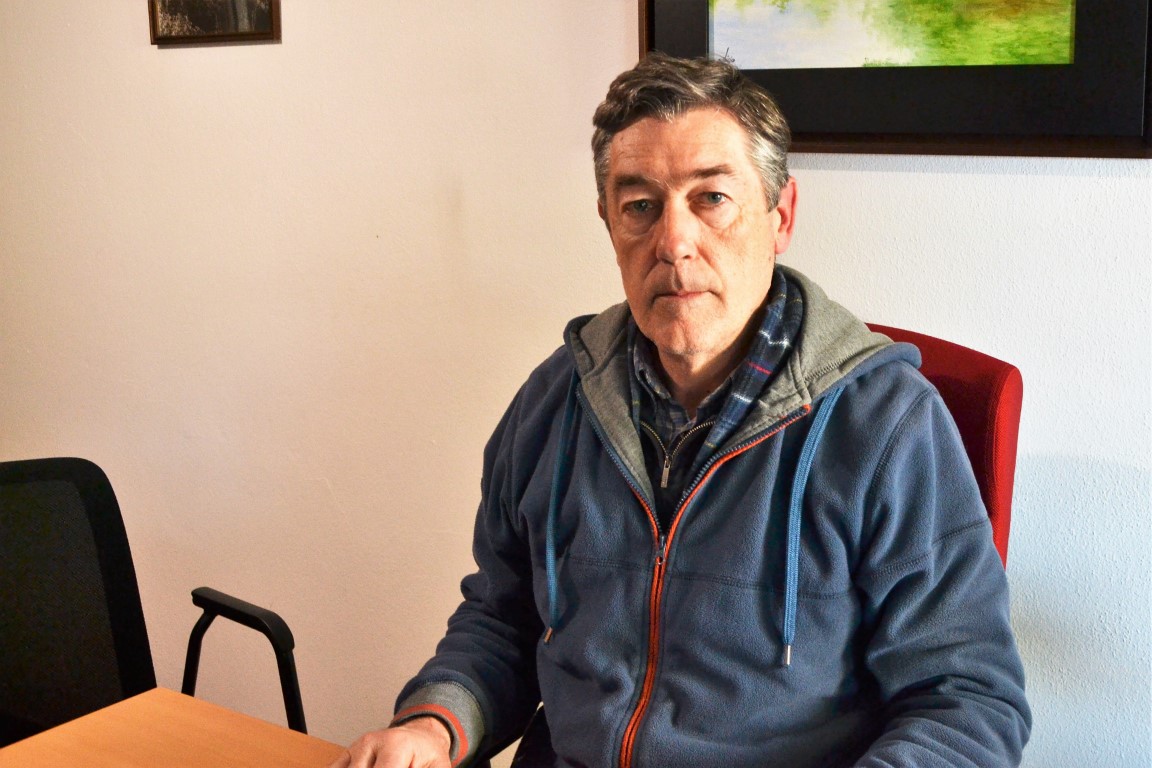
In these aspects, “it is noted that people are not involved in a legal situation. We must try to get the State to collaborate in solving these problems, but, on a daily basis, people feel that they have not been supported. These situations arise for small owners. The big ones know how to defend themselves». But there aren't many in Monchique.
“The laws are blind”, continues the mayor.
To give an example, José Gonçalo Duarte tells the case of a 90-year-old woman who lived with her husband, but who was widowed last year.
This elderly woman «has a son who lives in Silves. And you spend some time at your son's house to be accompanied. On weekends, he comes here, takes care of the plants, recovers his memories and experiences. His house is furnished, but in practice he doesn't live there. The house burned down. Is it a first home? It is not. Is it a second home? It's not either. But somehow the lady still lives there and receives the mail in the mailbox. Now, the State says it cannot invest because, in practice, you do not live there. Morally, this lady really needed to be supported, to have her home, to help occupy the territory, so that children or grandchildren can come here, keeping the house, keeping the countryside more inhabited and more resilient».
Taking advantage of this story, José Gonçalo Duarte leaves what he says is «a small criticism: it seems to us that, if the Serra is more inhabited, if there are more people working in agriculture, even if it is only for subsistence, and with some forestry – even if you have more control – perhaps the saw becomes more resilient. It seems that there is a strong, even official, tendency to remove people from the fields, moving them closer to urban centers. If there's a problem, it's not work to evacuate, it's not work to maintain the roads, the electricity lines, all that. From a technocratic point of view, it is a trend, but from the point of view of living in the mountains, it should be the opposite», he defends.
After seven months, José Gonçalo Duarte assumes that what has been done “has not had a visible effect on the community and gives the feeling that everything is the same. It is not in the processes, in the evaluation, but, in practice, it is».
For all this, “They” and the Monchiquenses do not understand each other. While some speak the language of “blind” laws, others prefer not to speak, suffering in silence, because “they never went to ask for help”.
There's also Paul, who doesn't understand the feelings of some and doesn't understand why “nothing is happening”.
And while nothing happens, the men in front of the Caixa Agrícola de Alferce wait for it to open.
Photos: Nuno Costa | Sul Informação
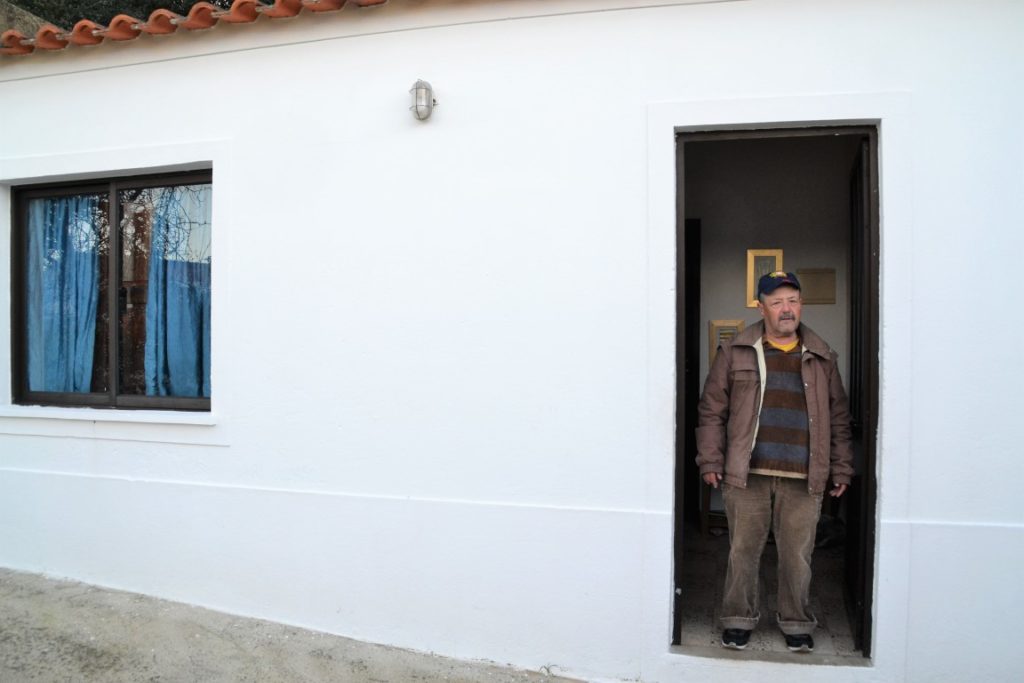
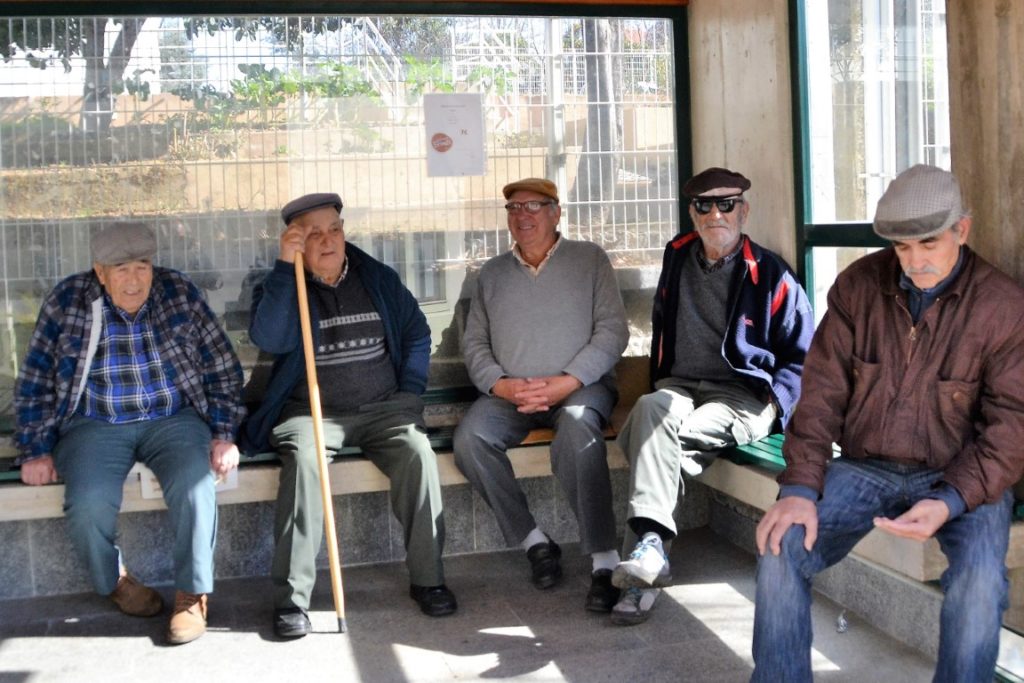
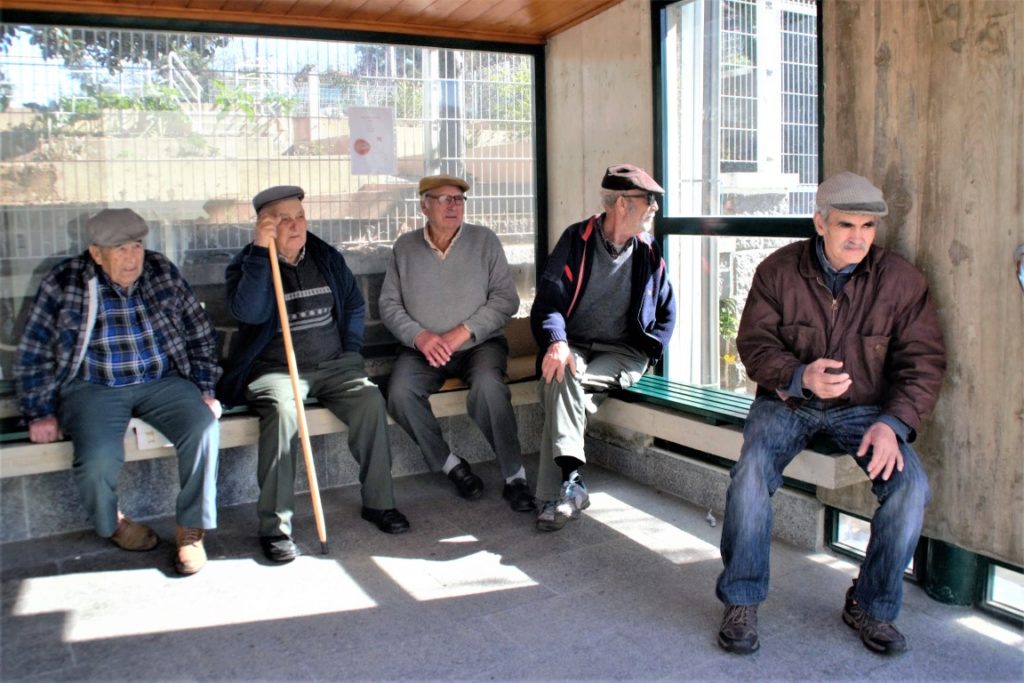
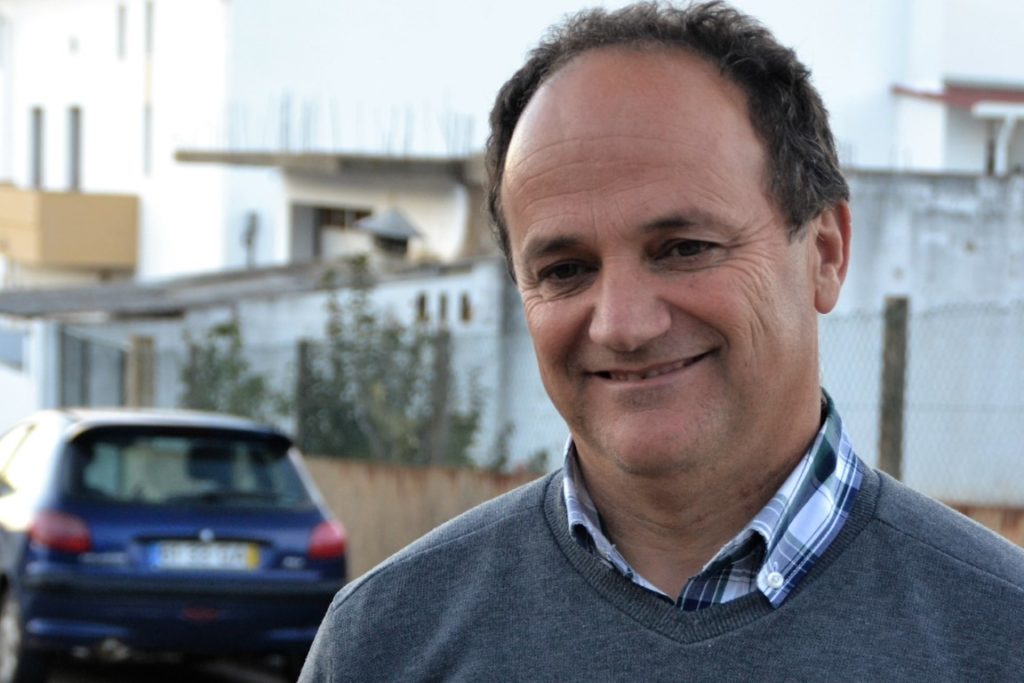
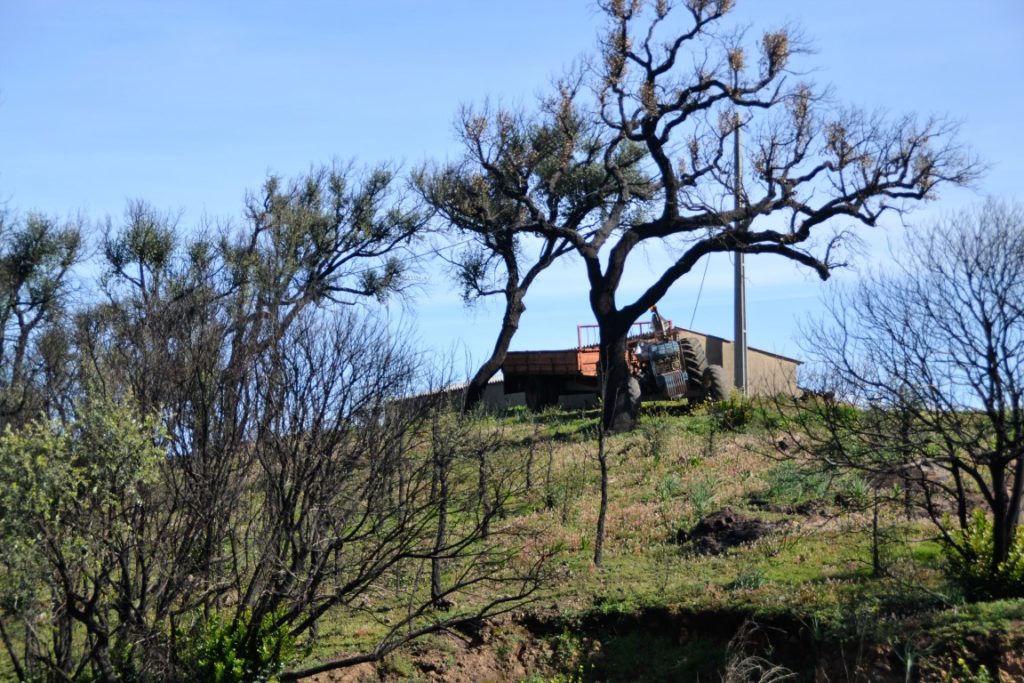
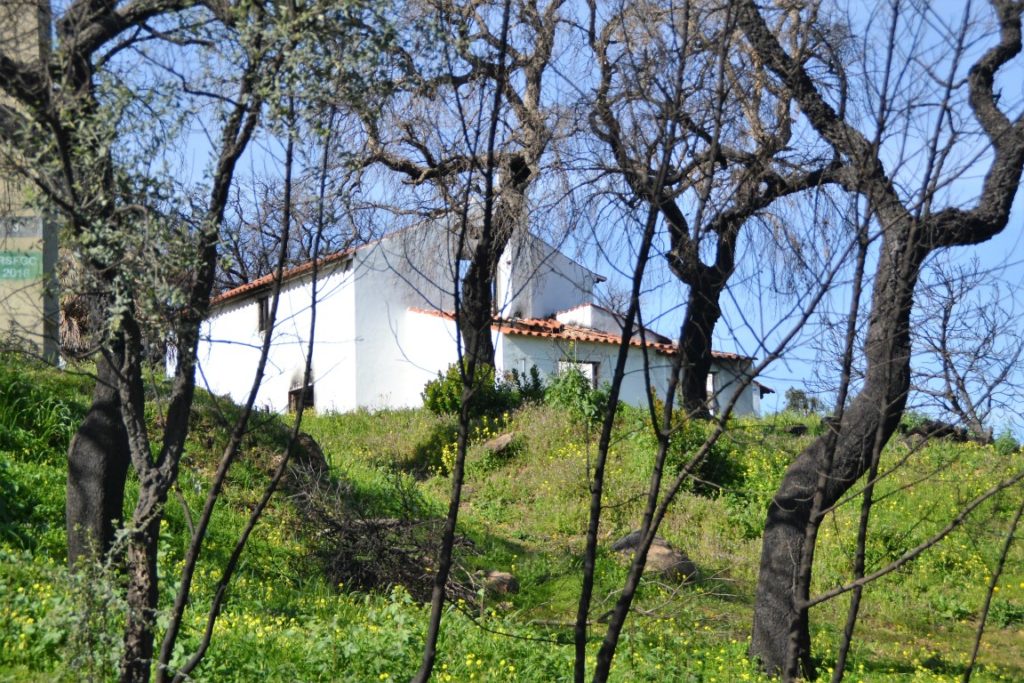
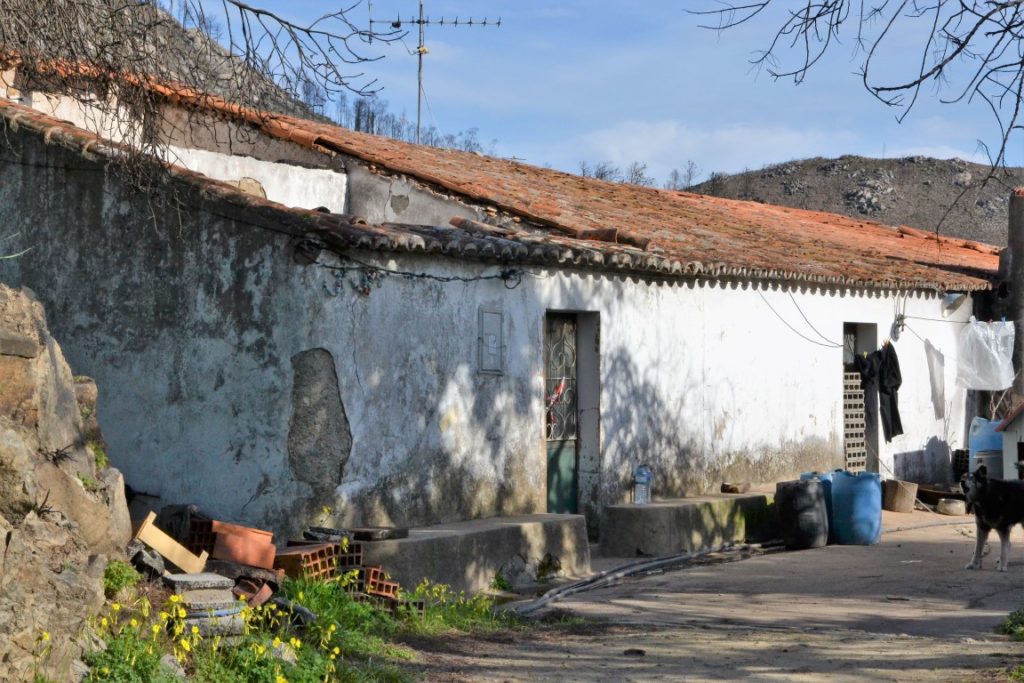
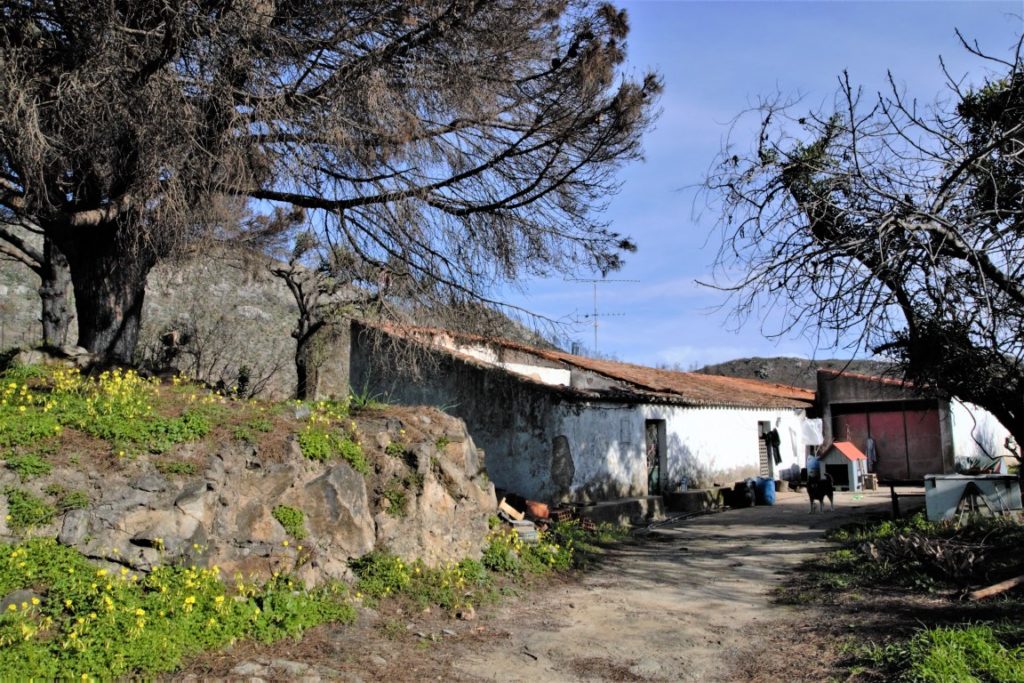
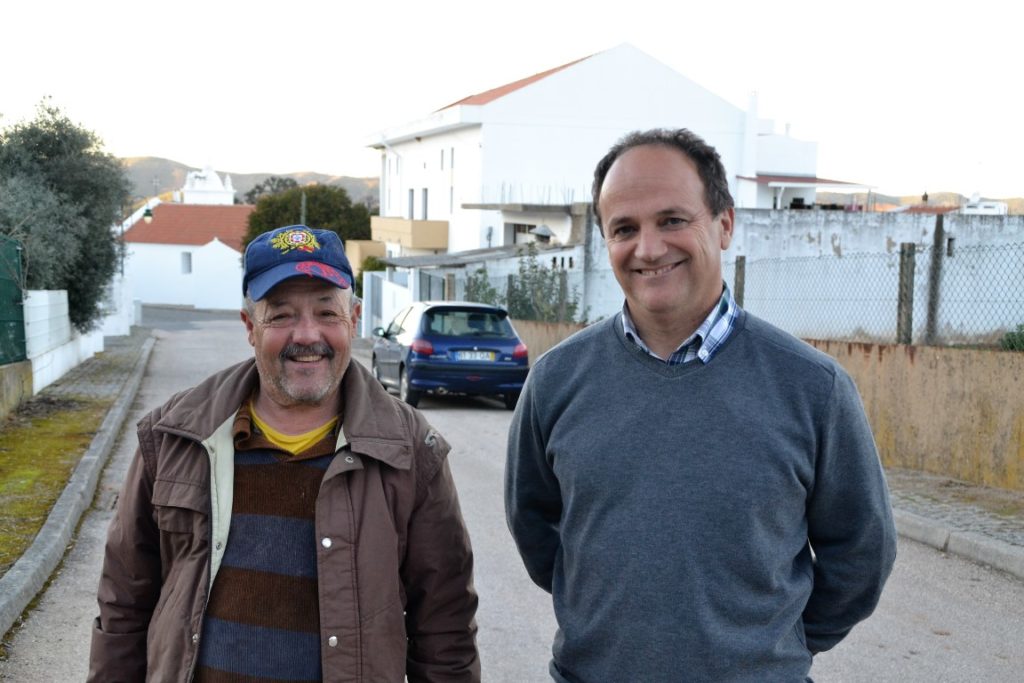
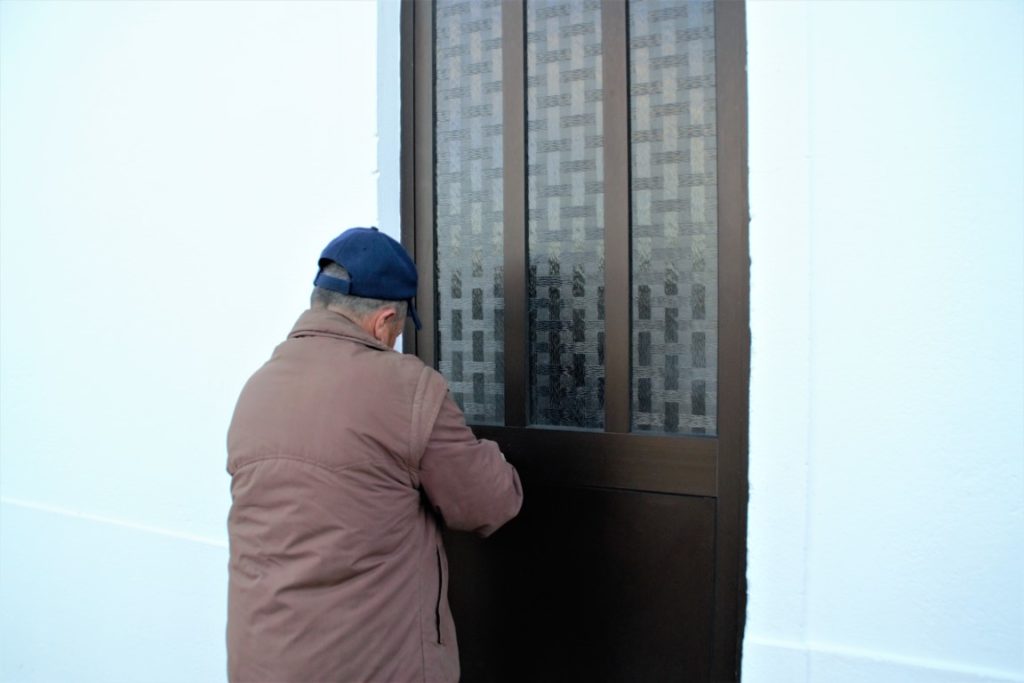
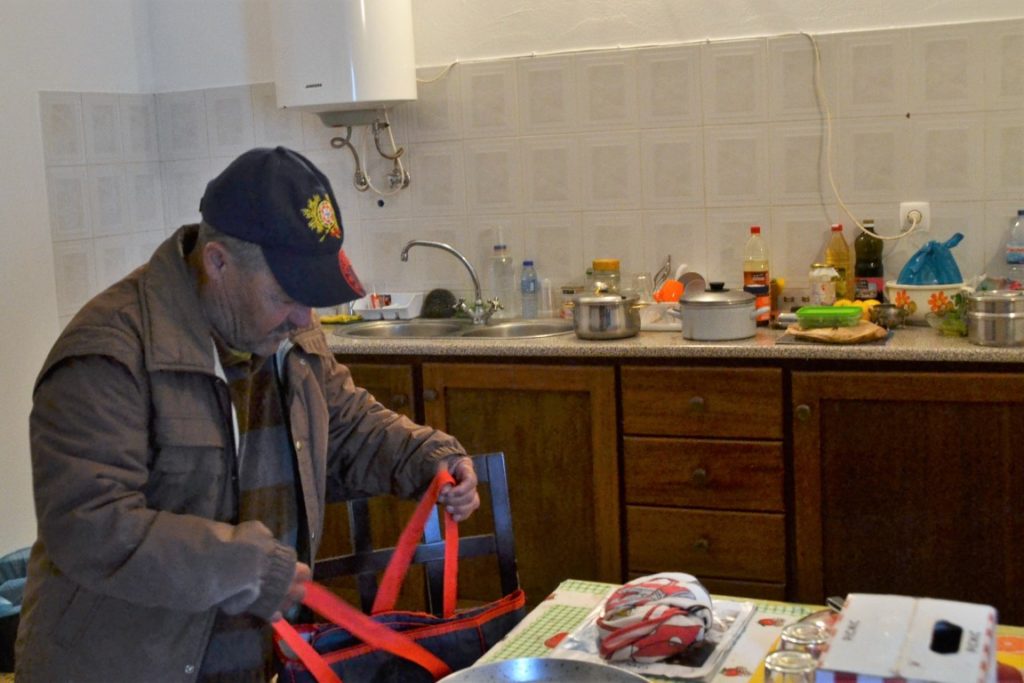
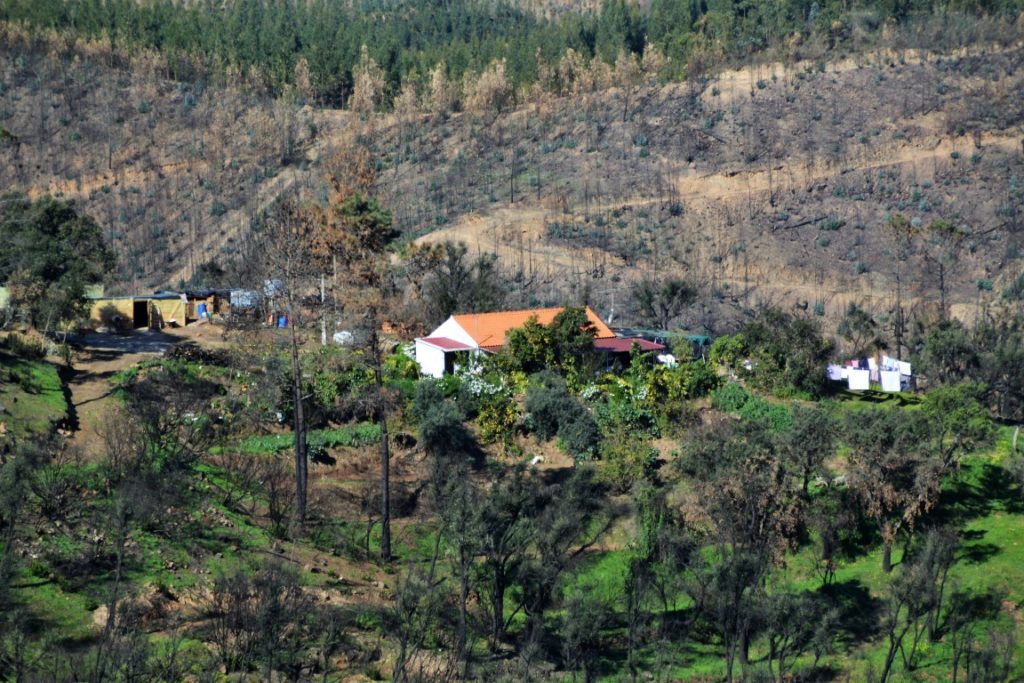
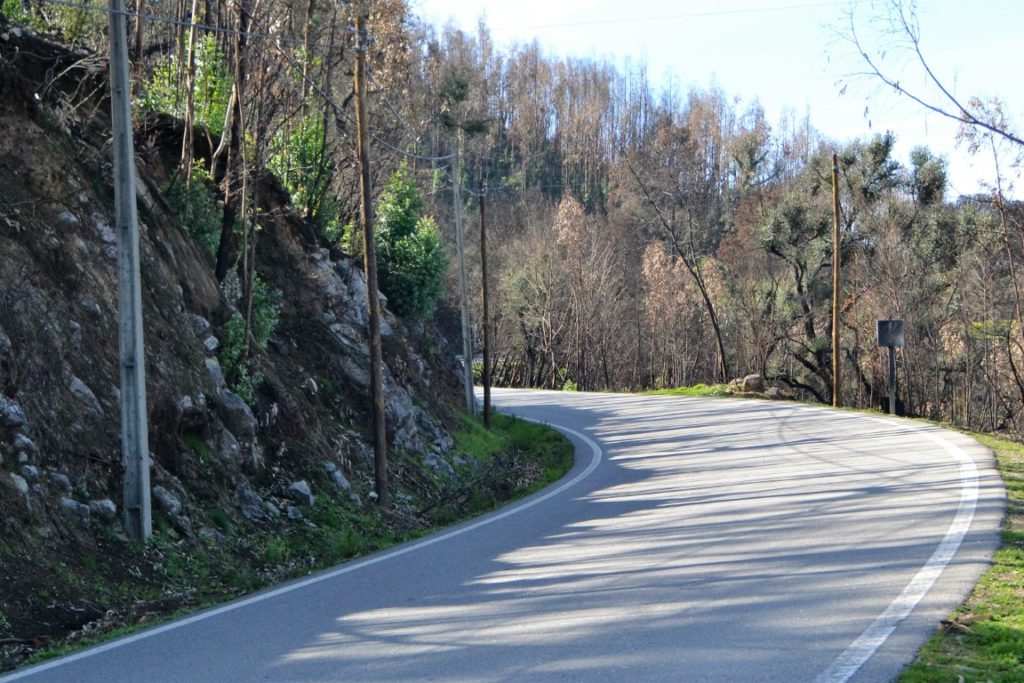
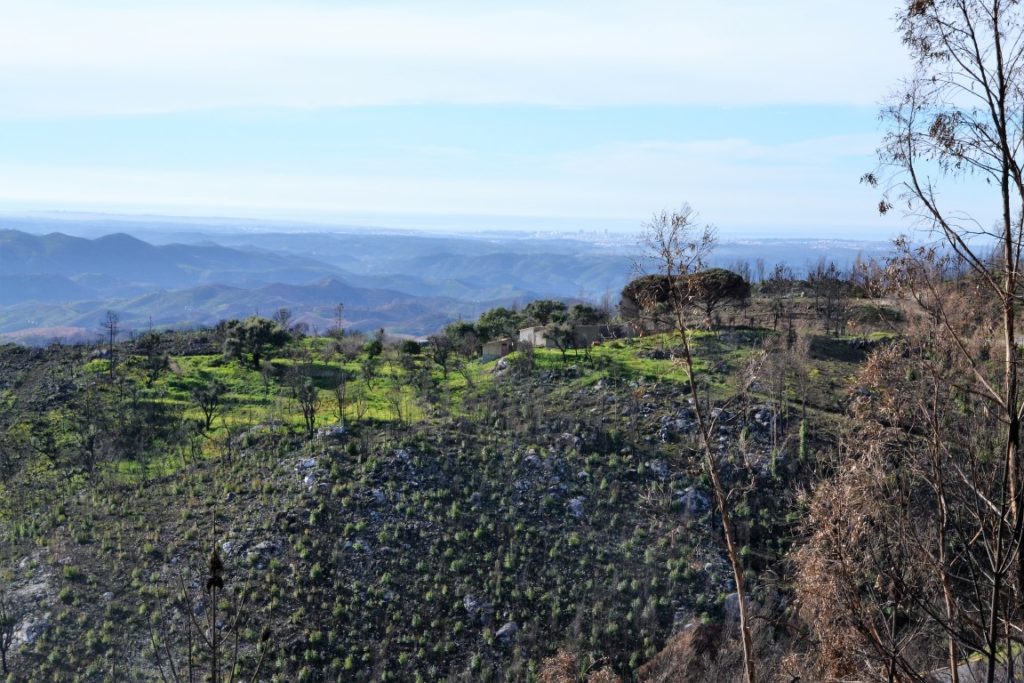


















Comments